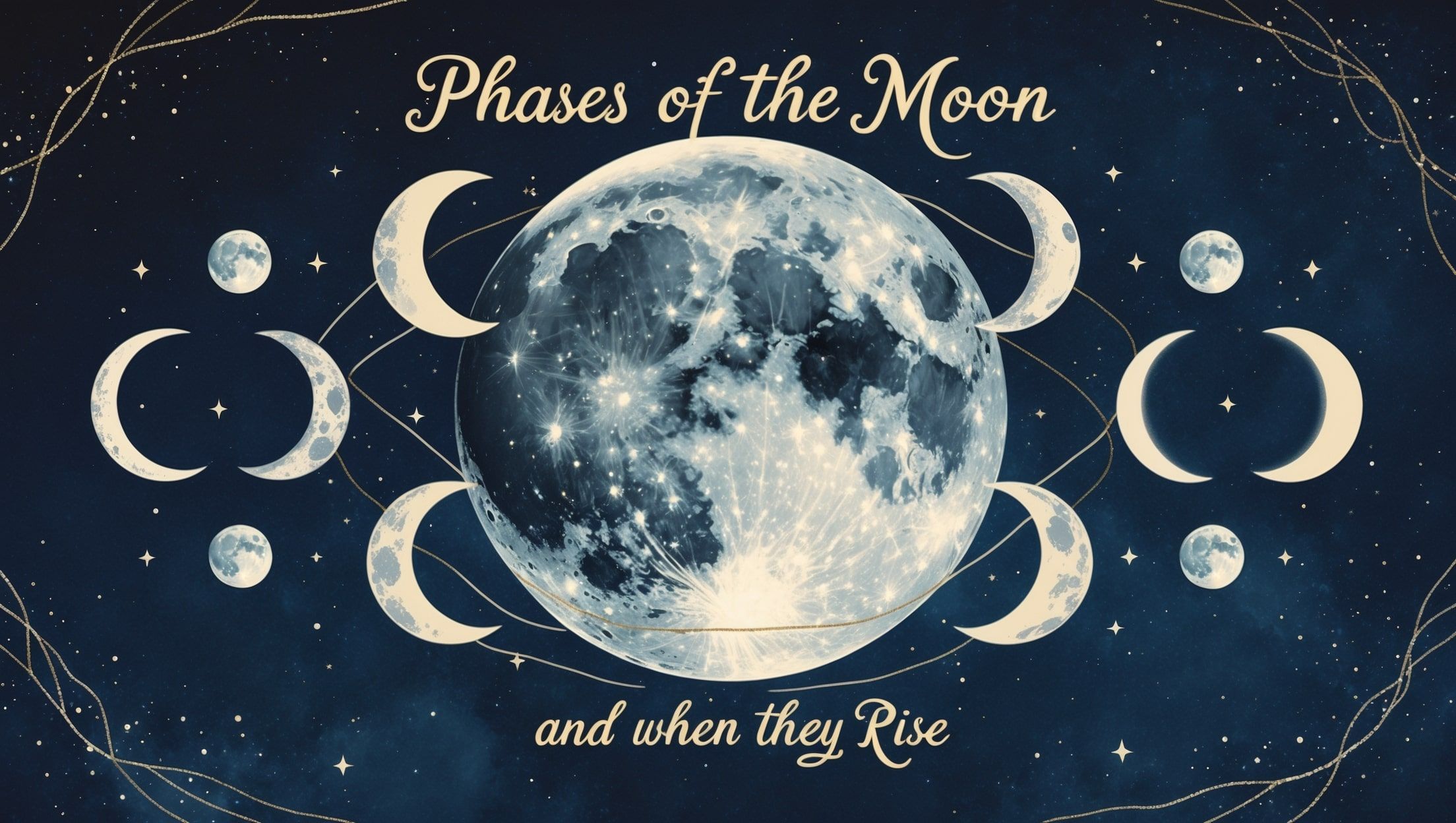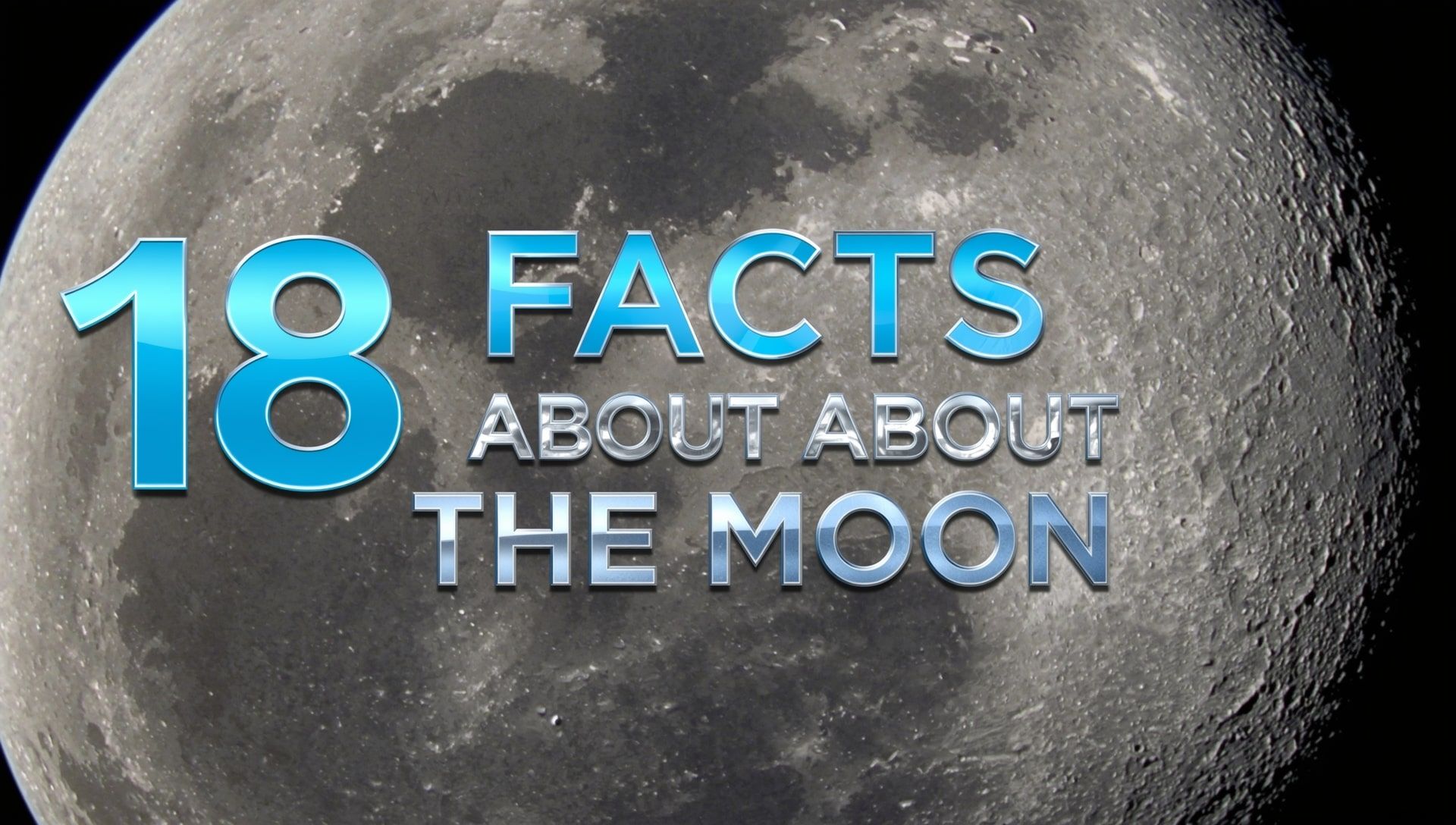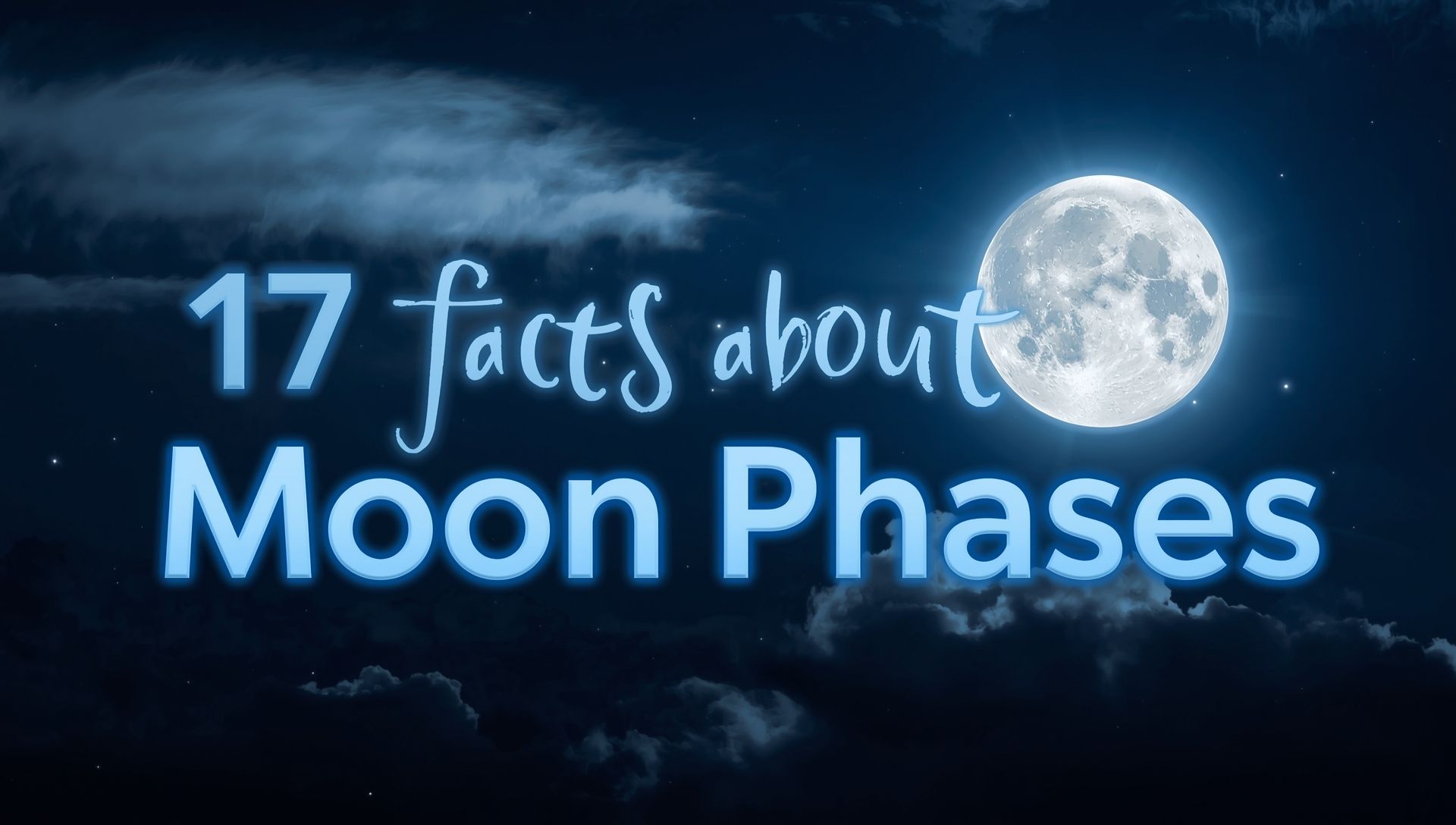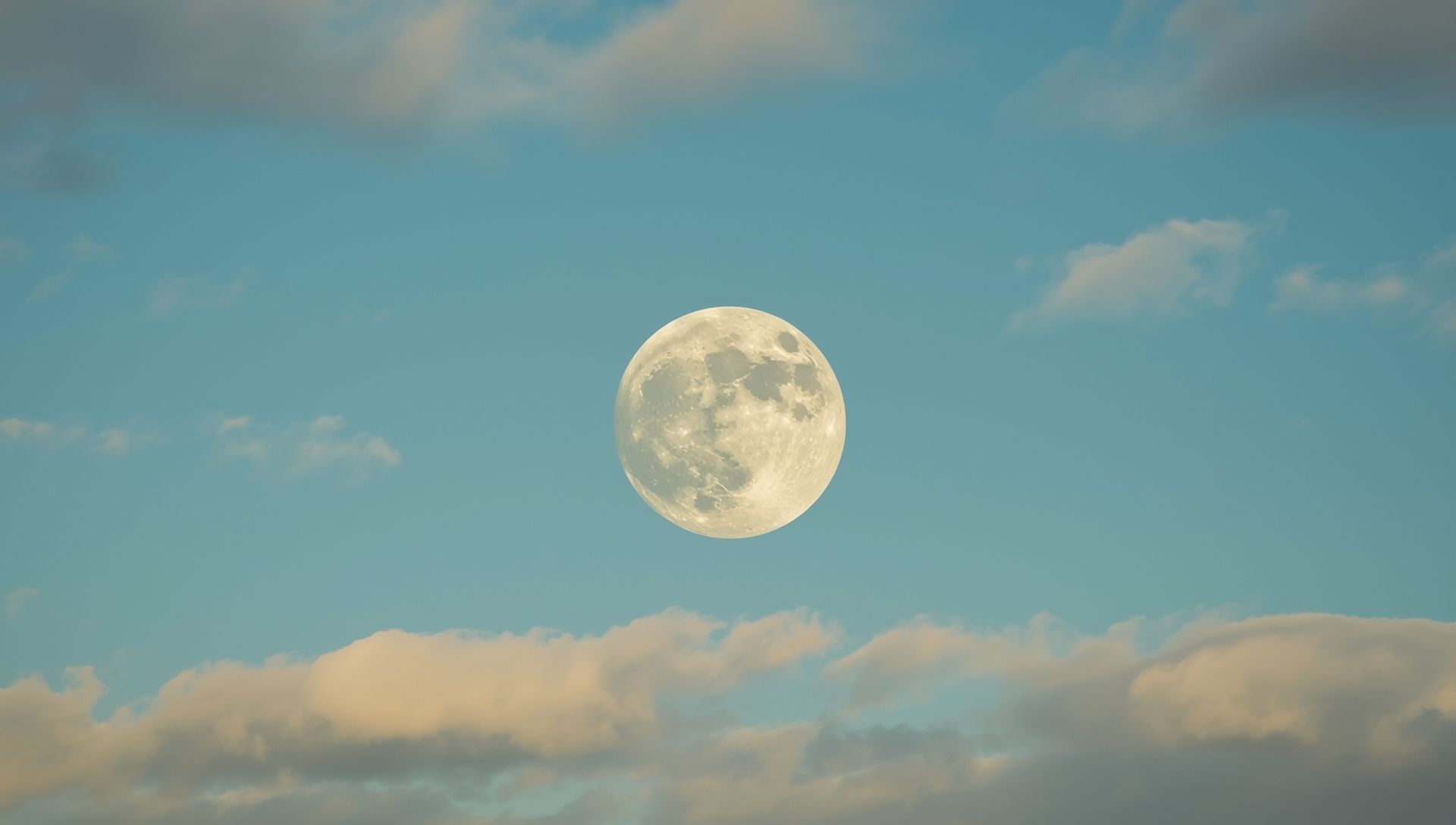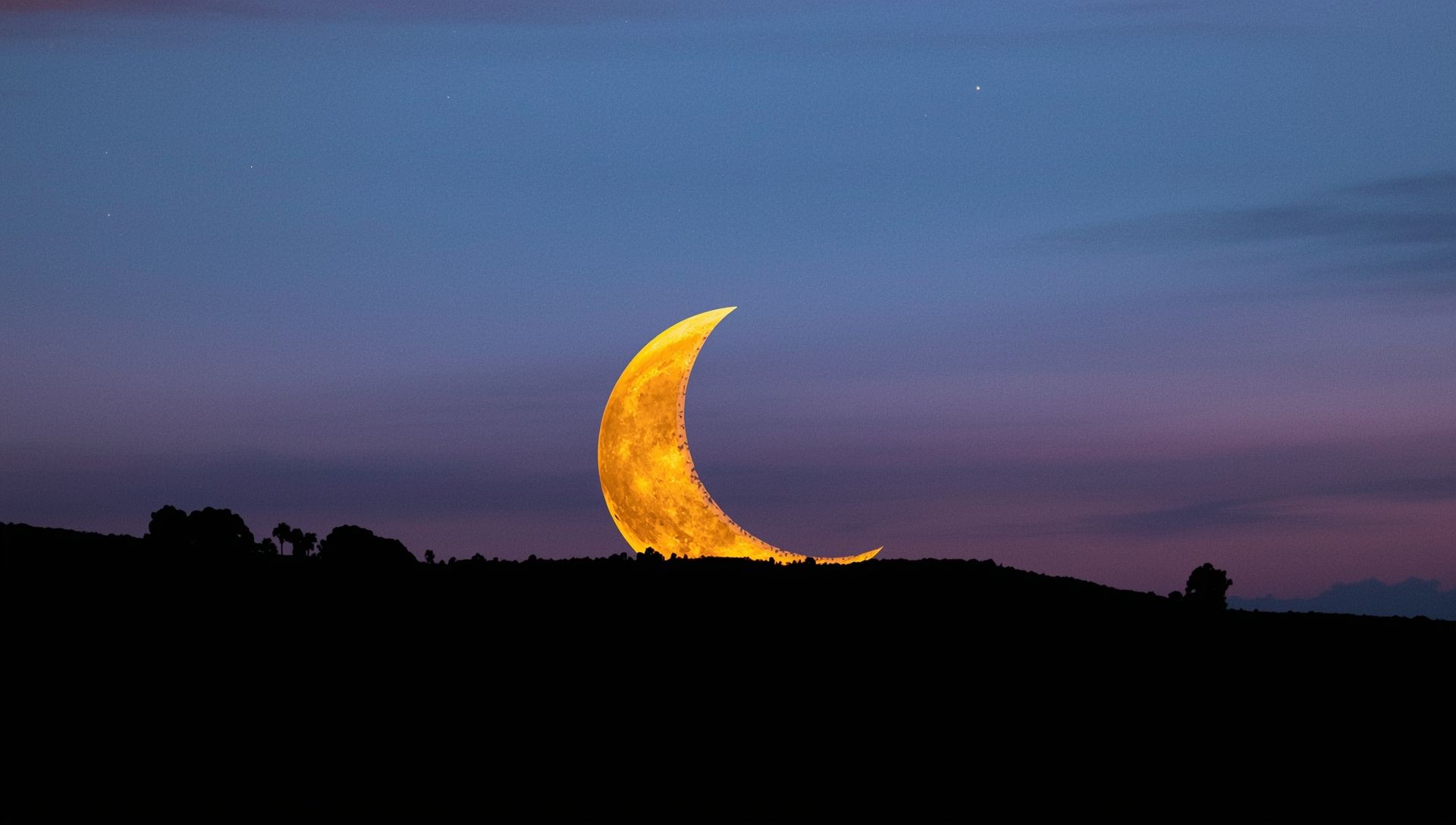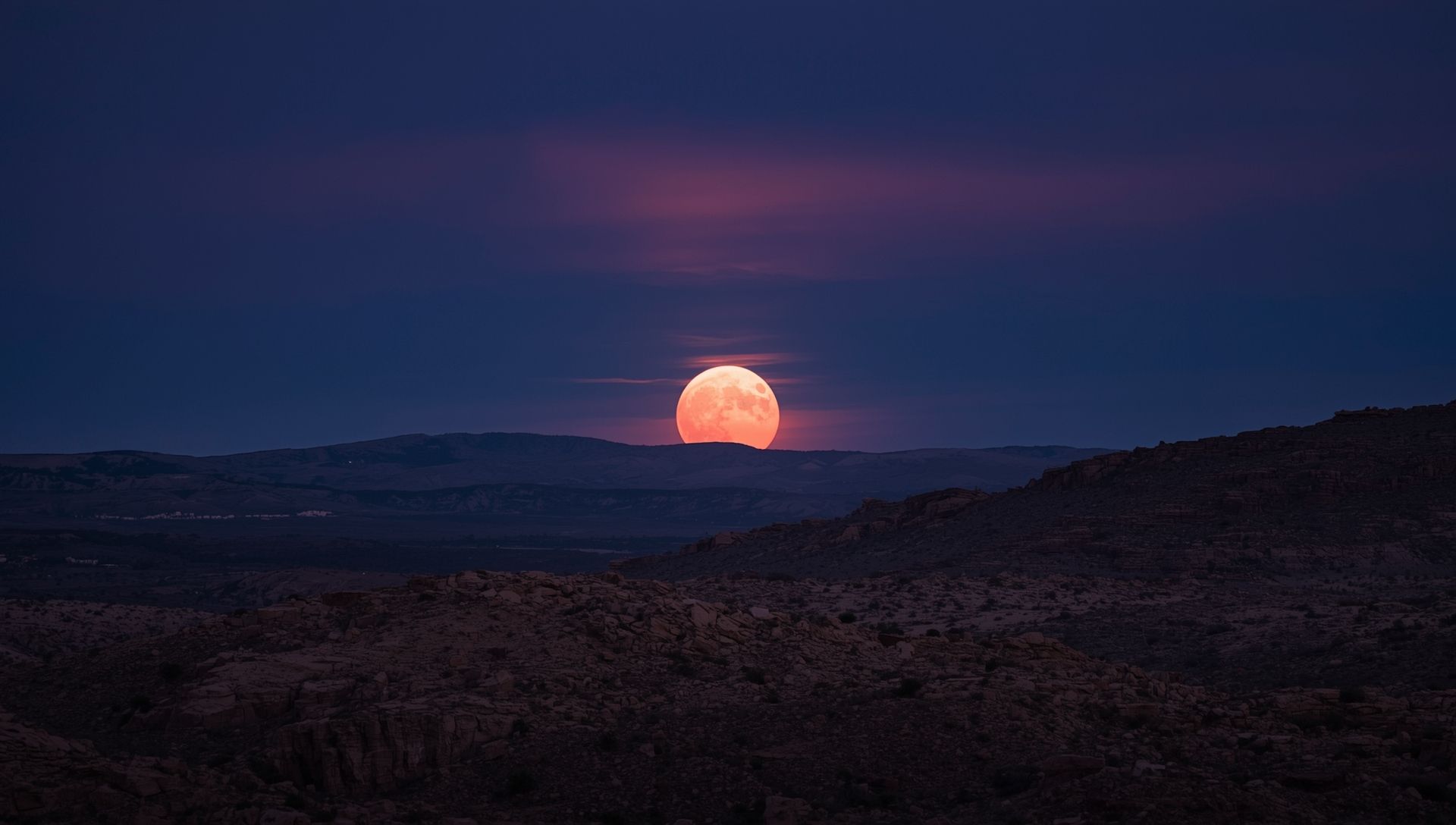The Moon changes shape and schedule all month long. Some nights it’s bold and bright. Other times, it’s barely a sliver or nowhere in sight. If you’ve ever wondered when each phase shows up in the sky, you’re not alone. The timing actually follows a rhythm that aligns with how Earth and Moon interact across different time zones.
Why the Moon’s Timing Changes
The Moon takes about 29.5 days to orbit Earth. As it moves, we see different amounts of its sunlit side. That’s what creates the phases. But its position also decides when it rises. Simply put, the farther it gets from the Sun, the later it shows up, much like how daylight saving changes affect when the sky brightens or darkens across regions.
Phases and Their Rise Times
Here's a quick look at when each phase tends to rise. These times are averages and can vary slightly depending on your location and the season. If you’re using a world clock or global time tool, you’ll notice slight shifts depending on where you are.
- New Moon: Rises around sunrise. It’s up all day, but not visible.
- Waxing Crescent: Rises mid-morning. Best viewed just after sunset.
- First Quarter: Rises around noon. High in the sky at sunset.
- Waxing Gibbous: Rises mid-afternoon. Bright in the early evening.
- Full Moon: Rises right at sunset. Visible all night.
- Waning Gibbous: Rises late evening. Stays up through the early morning.
- Last Quarter: Rises around midnight. Best seen at dawn.
- Waning Crescent: Rises just before sunrise. Fades in morning light.
What This Means for Skywatchers
If you're hoping to catch a specific phase, knowing when it rises helps. Want a full Moon evening stroll? Step outside at sunset. Looking for that dreamy crescent just after dusk? Aim for a few days after the New Moon. Those who plan night-sky events often use these rise times to pick the best moment for observation.
You don’t need to memorize the whole cycle. A moon phase app or calendar makes it easy. But understanding the pattern gives you a sense of how the Moon moves with us through the month, guiding everything from tides to holiday traditions that follow lunar rhythms.
The Sky Has Its Own Schedule
The Moon doesn’t just change how it looks; it changes when it shows up. That’s part of what makes it feel alive. One night it’s low and late, the next it’s early and high. The phases aren’t just pretty; they keep time in their own quiet way, helping us appreciate the rhythm of cities and landscapes around the world that share the same sky.
